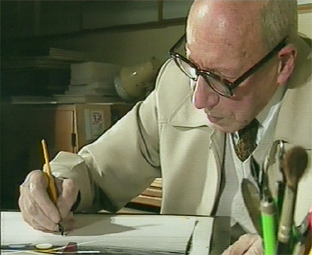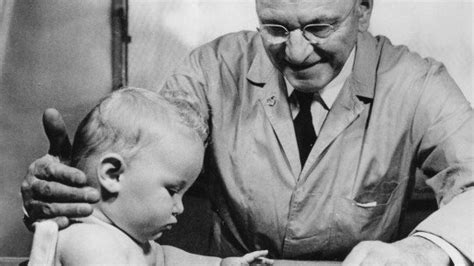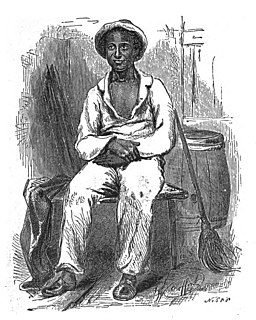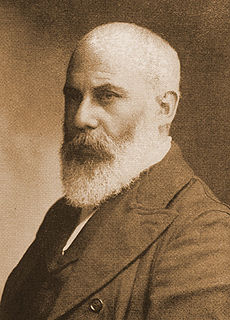A Quote by Yahya ibn Mu'adh al-Razi
Glad tidings to the one who leaves the world before it leaves him, prepares for his grave before he enters it, and pleases his Lord before he meets Him.
Related Quotes
All things are God's already; we can give him no right, by consecrating any, that he had not before, only we set it apart to his service - just as a gardener brings his master a basket of apricots, and presents them; his lord thanks him, and perhaps gives him something for his pains, and yet the apricots were as much his lord's before as now.
But who does not see that the work goes beyond the one who created it? It marches before him and he will never again be able to catch up with it, it soon leaves his orbit, it will soon belong to another, since he, more quickly than his work, changes and becomes deformed, since before his work dies, he dies.
The child's personality is a product of slow gradual growth. His nervous system matures by stages and natural sequences. He sits before he stands; he babbles before he talks; he fabricates before he tells the truth; he draws a circle before he draws a square; he is selfish before he is altruistic; he is dependent on others before he achieves dependence on self. All of his abilities, including his morals, are subject to laws of growth. The task of child care is not to force him into a predetermined pattern but to guide his growth.
Do you know why the leaves change colour?... Before a tree sheds a leaf it pumps it full of all the poison it can't rid itself of otherwise. That red there--that's a man's skin blotching with burst veins after an assassin spikes his last meal with roto-weed. The poison spreading through him before he dies.
At such times, the heart of man turns instictively towards his Maker. In prosperity, and whenever there is nothing to injure or make him afraid, he remembers Him not, and is ready to defy Him; but place him in the midst of dangers, cut him off from human aid, let the grave open before him, then it is, in the time of his tribulation, that the scoffer and unbelieving man turns to God for help, feeling there is no other hope, or refuge, or safety, save in his protecting arm.
Who shall blame him? Who will not secretly rejoice when the hero puts his armour off, and halts by the window and gazes at his wife and son, who, very distant at first, gradually come closer and closer, till lips and book and head are clearly before him, though still lovely and unfamiliar from the intensity of his isolation and the waste of ages and the perishing of the stars, and finally putting his pipe in his pocket and bending his magnificent head before her—who will blame him if he does homage to the beauty of the world?
A Christian should put away all defense and make no attempt to excuse himself either in his own eyes or before the Lord. Whoever defends himself will have himself for his defense, and he will have no other. But let him come defenseless before the Lord and he will have for his defender no less than God Himself.
A young man before he leaves the shelter of his father's house, and the guard of a tutor, should be fortify'd with resolution, and made acquainted with men, to secure his virtues, lest he should be led into some ruinous course, or fatal precipice, before he is sufficiently acquainted with the dangers of conversation, and his steadiness enough not to yield to every temptation.
Man offers himself to God. He stands before Him like the canvas before the painter or the marble before the sculptor. At the same time he asks for His grace, expresses his needs and those of his brothers in suffering. Such a type of prayer demands complete renovation. The modest, the ignorant, and the poor are more capable of this self-denial than the rich and the intellectual.
Value God and his love more than all the world, though there were millions of them. He valued you before the world, and therefore is beforehand with you in his love. He not only loved you from everlasting, (whereas your love is but of yesterday,) but in the valuation of it, he loved you before all worlds, and preferred you to all worlds: though you loved the world first, before you loved him.
The analytical writer observes the reader as he is; accordingly, he makes his calculation, sets his machine to make the appropriate effect on him. The synthetic writer constructs and creates his own reader; he does not imagine him as resting and dead, but lively and advancing toward him. He makes that which he had invented gradually take shape before the reader's eyes, or he tempts him to do the inventing for himself. He does not want to make a particular effect on him, but rather enters into a solemn relationship of innermost symphilosophy or sympoetry.
































